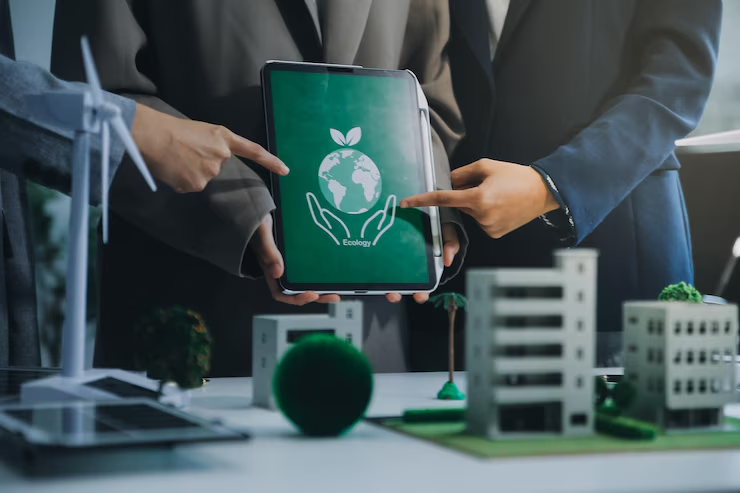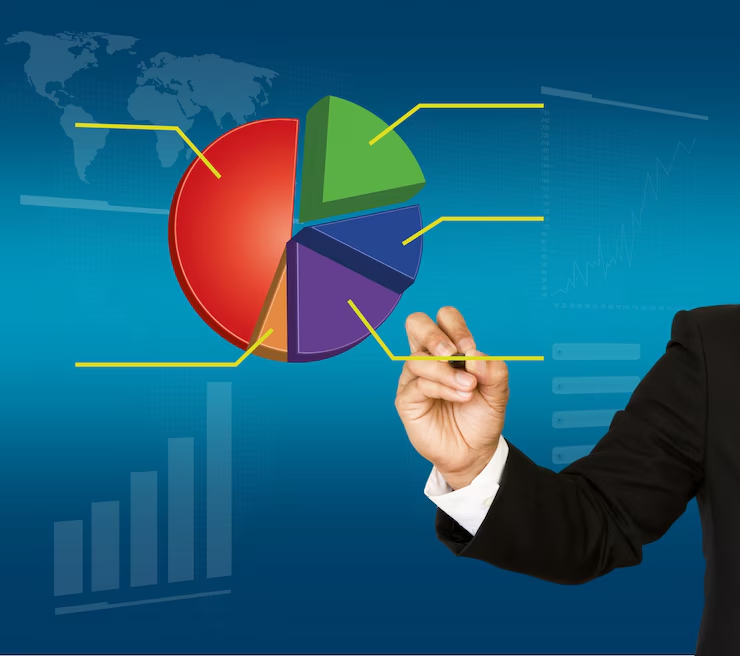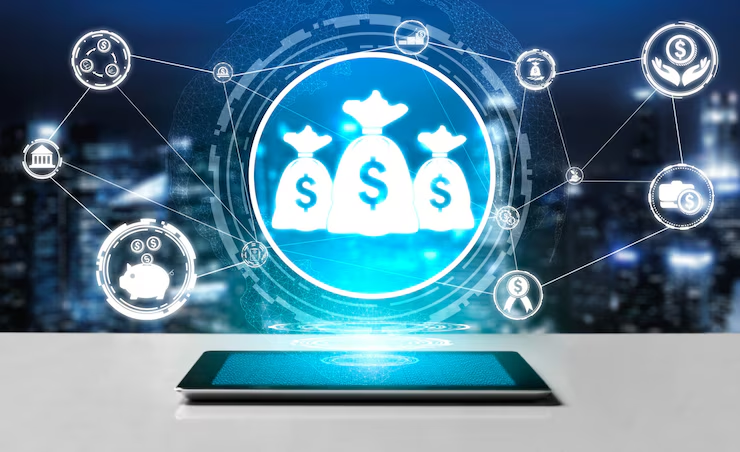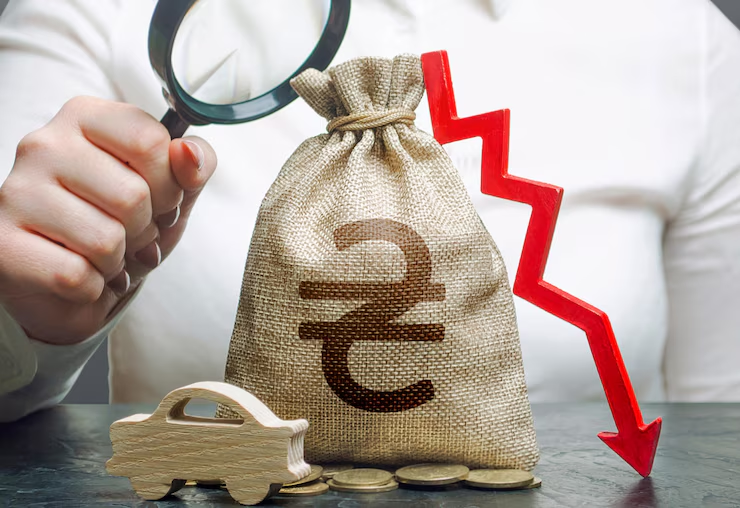Qofib explores the evolving concept of Green Economy and Sustainable Growth, a powerful combination shaping the future of global development. This approach promotes long-term economic strategies that align profitability with environmental care. More governments, corporations, and communities are now integrating ecological responsibility into their economic models, showing how a green economy can drive real progress.
Green Economy and Sustainable Growth represents a bold path that replaces outdated consumption models with cleaner, smarter alternatives. It encourages economic development that respects natural resources, empowers innovation, and creates jobs through responsible investment. By focusing on renewables, clean energy, and efficient systems, nations build resilience while protecting the environment. This transformation is not only strategic but essential for a future-proof global economy.
1. Understanding the Core of Green Economy
At its core, the green economy prioritizes sustainability across all sectors. It is not limited to environmental protection but includes financial inclusion, social equity, and technological advancement. A green economy minimizes waste, boosts productivity, and makes development more balanced. It recognizes the economic value of clean air, water, and biodiversity. With this foundation, Green Economy and Sustainable Growth becomes a measurable and scalable goal.
Green economy frameworks focus on integrating environmental costs into decision-making, steering industries away from harmful practices. Governments and organizations adopt policies that promote green jobs, support low-carbon technologies, and encourage responsible consumption. This creates a ripple effect that reaches agriculture, energy, transport, and infrastructure.
2. The Role of Innovation in Driving Sustainability
Technological innovation plays a vital role in advancing Green Economy and Sustainable Growth. From smart grids to electric transportation and green buildings, technology enables sustainable solutions that were not possible decades ago. Innovations reduce carbon footprints, increase efficiency, and open new markets for eco-friendly products and services.
Sustainability is no longer just an environmental concern but a business opportunity. Startups and major companies alike are investing in green tech, improving recycling systems, and developing biodegradable materials. These innovations attract investors and build consumer trust, while also addressing global climate goals.
3. Clean Energy as the Backbone of a Green Economy
Renewable energy is the foundation of any thriving green economy. Solar, wind, hydro, and geothermal power offer clean alternatives to fossil fuels. Transitioning to renewables reduces emissions, decreases pollution, and supports energy independence. This shift also generates jobs and stimulates economic growth in both rural and urban areas.
Clean energy not only supports environmental goals but enhances long-term economic stability. Nations investing in renewables experience reduced reliance on imports and build domestic capabilities. The connection between Green Economy and Sustainable Growth is most evident in the global push for energy transformation, where innovation meets necessity.
4. Policy and Governance in Sustainable Economic Planning
Government policies play a major role in shaping economic behavior. Effective legislation can accelerate the transition to a green economy through incentives, taxes, subsidies, and regulations. National strategies that promote green investments and penalize pollution create environments where sustainable growth thrives.
Public-private partnerships, urban planning, and community engagement all benefit from supportive governance. Local authorities can implement green infrastructure projects, support clean mobility, and ensure energy-efficient housing. Good policy does not just regulate, it inspires change and creates a framework where Green Economy and Sustainable Growth can be a long-term reality.
5. Sustainable Business Models and Corporate Responsibility
Businesses are redefining success by incorporating sustainability into their operations. This shift is not driven only by regulation but by customer demand and global market pressure. Circular economy practices, where waste is minimized and products are reused, are becoming standard in forward-thinking industries.
Companies that lead in sustainability often outperform those that lag behind. They gain competitive advantages by lowering costs, enhancing brand loyalty, and accessing new markets. Corporate responsibility strengthens Green Economy and Sustainable Growth by making it profitable and practical. This shift supports job creation and sets benchmarks for entire industries.
FAQs:
Q1. What is the meaning of Green Economy and Sustainable Growth?
A: It refers to economic progress that protects the environment, supports innovation, and ensures long-term resource efficiency without harming future generations.
Q2. How can businesses contribute to Green Economy and Sustainable Growth?
A: Businesses can adopt clean energy, reduce waste, use eco-friendly materials, and design sustainable supply chains to align profits with environmental goals.
Q3. Why is renewable energy critical to sustainable growth?
A: Renewable energy reduces carbon emissions, lowers long-term costs, and provides a stable source of power that supports economic and environmental health.
Q4. How does government policy impact green economic development?
A: Policies influence industry behavior by encouraging green investments, regulating harmful practices, and promoting sustainable infrastructure.
Q5. Can individuals support Green Economy and Sustainable Growth?
A: Yes, individuals contribute by conserving energy, reducing waste, choosing sustainable products, and advocating for environmental protection in their communities.
Conclusion:
Green Economy and Sustainable Growth is not just a trend but a necessity. As the global economy evolves, this approach offers a blueprint for responsible, lasting prosperity. With innovative technologies, supportive policies, and collective commitment, this model empowers nations, businesses, and individuals to thrive. Qofib is dedicated to spotlighting the opportunities within this transformation, helping readers understand how sustainability and success can go hand in hand.




